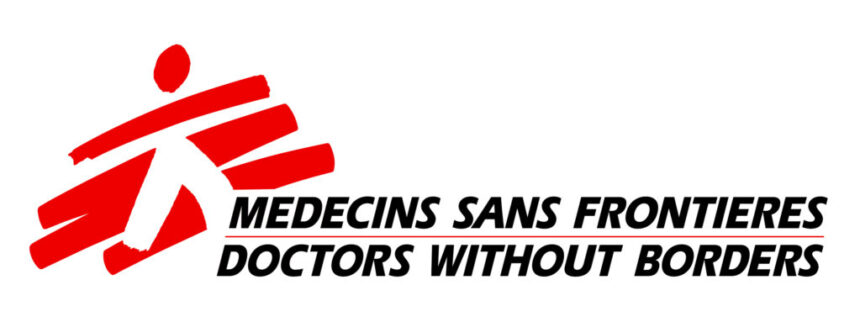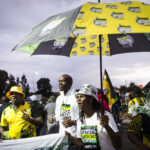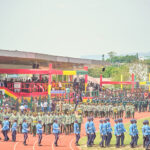The city of Uvira, located in the South Kivu province of the Democratic Republic of Congo (DRC), is currently facing a severe security crisis. The situation has rapidly deteriorated in recent days, with residents reporting looting, increased violence, and clashes between the Congolese army (FARDC) and Wazalendo fighters. Medical facilities have also been impacted by the violence, hindering patient care.
Médecins Sans Frontières (MSF) staff who were present during the clashes describe the chaos and challenges they faced. Gunfire forced them to take cover, delaying patient care and treatment. Despite the risks, they continued to provide medical assistance to the influx of wounded individuals, with hospitals receiving around 10 patients per day.
The ongoing insecurity has made the city unlivable, with constant gunfire and armed men roaming the streets. Ambulances struggle to navigate the disrupted roads, making it difficult for emergency responders to intervene promptly. The general referral hospital of Uvira has been caught in the crossfire multiple times, endangering both patients and staff.
MSF activities coordinator in Uvira, Caglar Tahiroglu, condemns the violations and calls on all parties to the conflict to respect the protection of civilians, medical personnel, and infrastructure. The city is on the brink of chaos, with waves of displacement and a climate of distress impacting the population.
MSF has been forced to reduce its teams in Uvira due to the persistent insecurity. However, they are still supporting the Ministry of Health in treating patients suffering from various conditions. In response to the influx of wounded individuals, MSF is redirecting its activities to provide vital medical equipment to several medical facilities in the Uvira health zone.
The situation in Uvira remains dire, with uncertainty looming over the city’s future. The population is in desperate need of assistance, as access to food becomes critical and economic activities are blocked. MSF continues to work tirelessly to provide medical care to those in need, despite the challenges posed by the ongoing conflict.
This article was originally distributed by APO Group on behalf of Médecins sans frontières (MSF) and serves as a testament to the urgent need for humanitarian intervention in Uvira.








